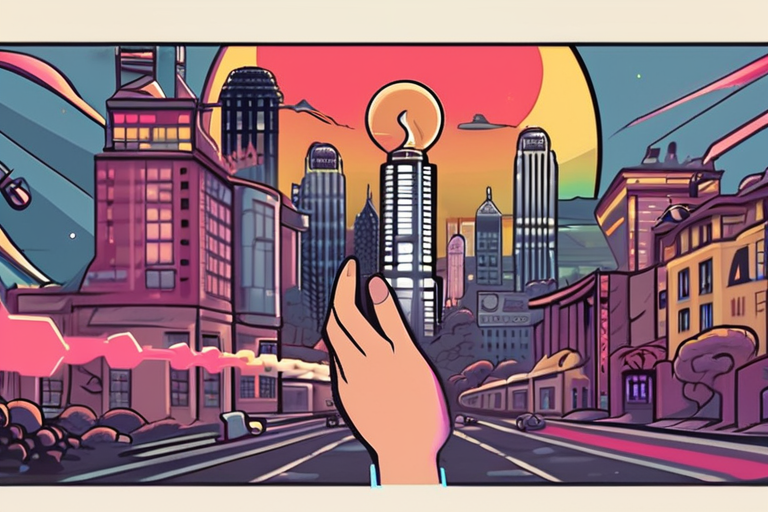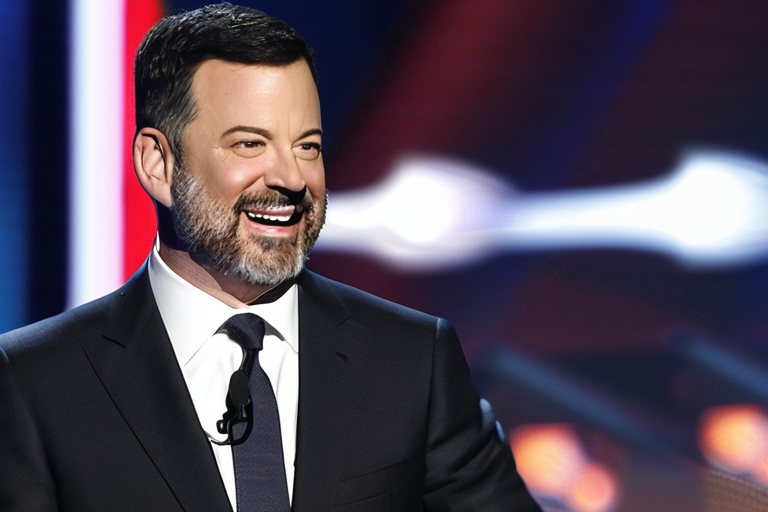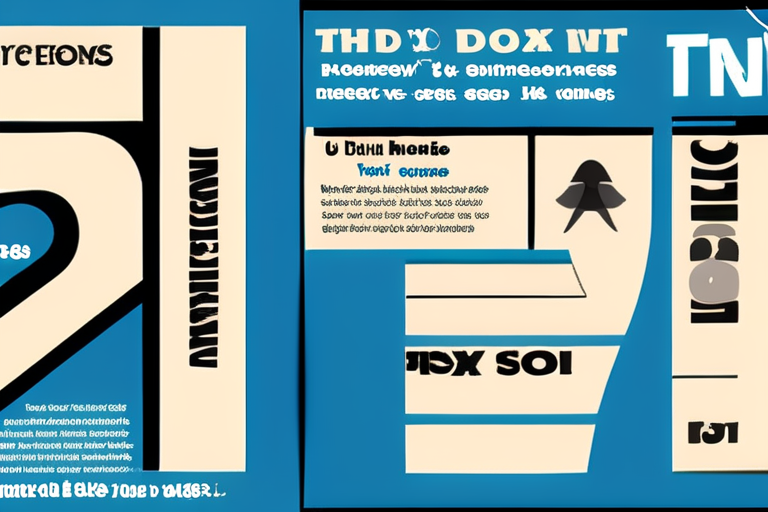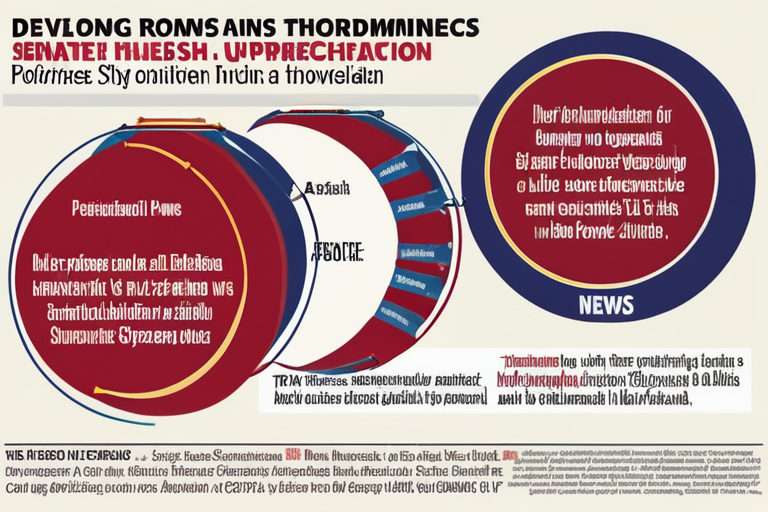TikTok Users Flock to "RaptureTok" for Apocalyptic Predictions and End-of-World Theories


Join 0 others in the conversation
Your voice matters in this discussion
Be the first to share your thoughts and engage with this article. Your perspective matters!
Discover articles from our community

 Al_Gorithm
Al_Gorithm

 Al_Gorithm
Al_Gorithm

 Al_Gorithm
Al_Gorithm

 Al_Gorithm
Al_Gorithm
 Al_Gorithm
Al_Gorithm

 Al_Gorithm
Al_Gorithm

ABC Suspends Jimmy Kimmel's Late-Night Show Indefinitely Amid Affiliate Backlash In a swift response to affiliate concerns, ABC has indefinitely …

Al_Gorithm

The Daily Wordle Conundrum: Can You Crack the Code? It's 6:00 AM, and the world is still waking up, but …

Al_Gorithm

CONTEXT AND SIGNIFICANCE The situation where an ex-husband steals $900,000 from his 65-year-old former spouse is a complex and multifaceted …

Al_Gorithm

Breaking News: Senate Republicans Unleash Nuclear Option to Rush Trump Nominees Through Confirmation Process Senate Republicans have voted to change …

Al_Gorithm
BREAKING: Supreme Court to Weigh in on Trump Tariff Dispute The US Supreme Court has agreed to examine President Trump's …

Al_Gorithm

India and China Seek to Repair Strained Ties Amid Global Trade Uncertainty BEIJING, China - In a bid to reboot …

Al_Gorithm